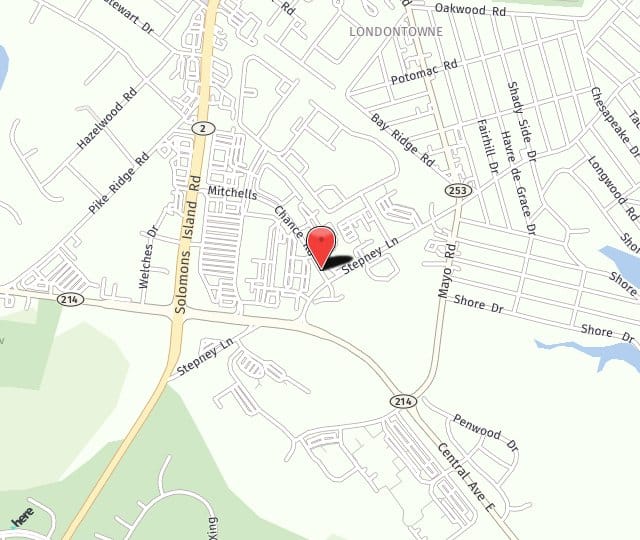
June is Acne awareness month. It’s a time to raise awareness about this common skin condition that affects millions of people around the world. The goal is to educate the public about causes, treatments, and prevention of acne, and to combat the stigma associated with it. So if you or someone you know is struggling with acne, there are resources available to help! Acne is a very common skin condition that occurs when hair follicles under the skin become clogged. These clogged pores result in pimples, which can appear on your face, chest, back, shoulders, and upper arms.
Here’s what causes acne:
Excess oil production: Sebum is an oily, waxy substance produced by sebaceous glands that helps keep your skin hydrated. During puberty, hormone changes can cause these glands to produce too much sebum, clogging pores.
Dead skin cells: Skin cells are constantly shedding and being replaced. If not exfoliated and cleansed well, dead skin cells can clog pores and trap bacteria.
Bacteria: Propionibacterium acnes (C. acnes) is a bacteria that naturally lives on your skin. When trapped in clogged pores, the bacteria can multiply and cause inflammation, leading to pimples.
Comedogenic Skincare and make-up: Can clog pores, trap bacteria, and increase inflammation in the skin. It’s important to make sure your skincare and make-up are non-comedogenic– including your teens skincare and make-up!
These factors can also worsen acne:
Genetics: Acne tends to run in families. If your parents had acne, you’re more likely to develop it as well.
Hormones: Fluctuations in hormone levels, such as those that occur during puberty, menstruation, pregnancy, and menopause, can trigger acne breakouts.
Certain medications: Some medications, such as corticosteroids, oral contraceptives containing progesterone, and some seizure medications, can worsen acne.
Diet: While there’s no single food that causes acne, some studies suggest that a diet high in sugar or processed foods may contribute to breakouts.
Stress: Stress can worsen acne symptoms.

There are a variety of ways to treat acne, depending on the severity of your condition. Here’s a breakdown of some common approaches:
At-home care:
Gentle skincare routine: Washing your face twice daily with a gentle cleanser and avoiding harsh scrubs is crucial. We recommend using the Epionce lytic gel cleanser.
Over-the-counter (OTC) products: Many OTC products contain ingredients like benzoyl peroxide, salicylic acid, or retinoids that can help unclog pores, kill bacteria, and reduce inflammation. We recommend incorporating a medical grade retinol in your skin care regimen. The Skinbetter alpharet clearing serum is formulated with pore-clearing, hydrating and soothing ingredients, to rejuvenate and clarify the appearance of oilier, blemish-prone skin. We also recommend Epionce Lytic Plus Tx which is a retexturizing lotion that helps reduce irritation associated with blemishes and redness.
Prescription medications:
Topical antibiotics: These target bacteria that contribute to acne.
Retinoids: Prescription retinoids like tretinoin are powerful medications that unclog pores and promote skin cell turnover.
Combination birth control pills: For women with hormonal acne, certain birth control pills can help regulate hormones and reduce breakouts.
Isotretinoin: This is a powerful oral medication reserved for severe acne that hasn’t responded to other treatments. It has significant side effects, so it’s important to be monitored by a dermatologist.
Other treatments:
Light therapy: Blue light therapy can kill bacteria and reduce inflammation. We recommend the Forever clear BBL treatments every 2 weeks with the 420nm wavelength that targets the bacteria.
Chemical peels: These remove the top layer of skin and contain acids to help kill off bacteria, which can be helpful for mild to moderate acne. We recommend the VI Purify with Precision Plus peel, every 4 weeks.
Here are some additional tips:
Be patient: Most acne treatments take several weeks or months to show results.
Don’t pick or pop your pimples: This can worsen inflammation and scarring.
Maintain a healthy lifestyle: Getting enough sleep, managing stress, and eating a balanced diet can all contribute to clearer skin.
Cleanse sports equipment, masks, and helmets with a hypochlorous acid spray or a disinfecting spray.
If you’re struggling with acne, schedule a consultation with a provider at Youthful Obsession for diagnosis and treatment. We can create a personalized plan to help you achieve clear, healthy skin.
Blog post written by:
Kelsey Cohen, MSN, CRNP & Christine Rooke, DNP, CRNP





